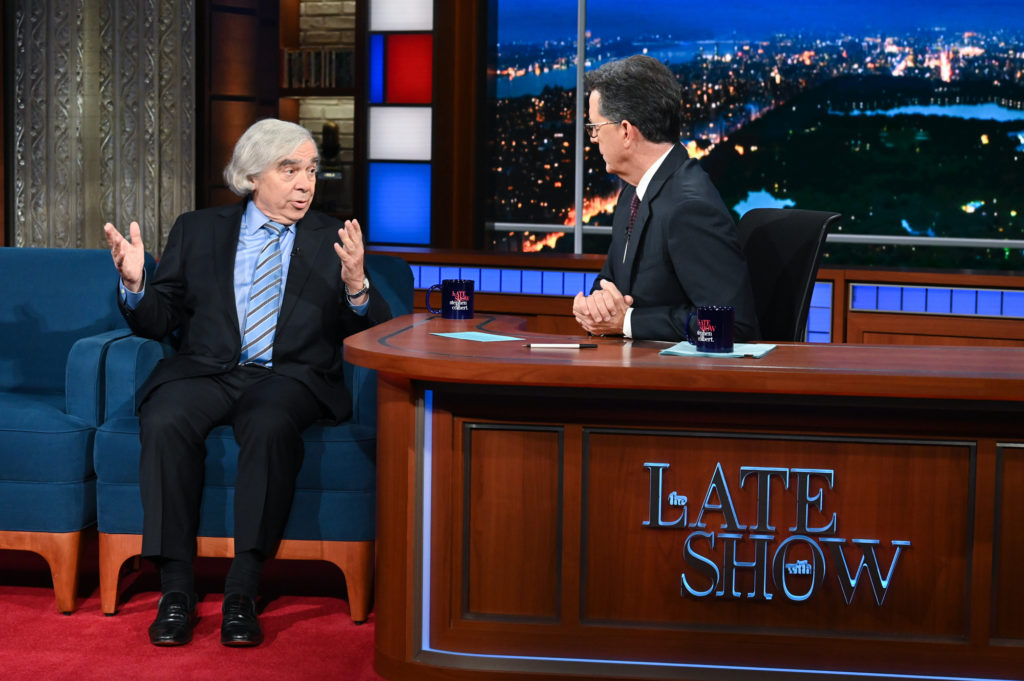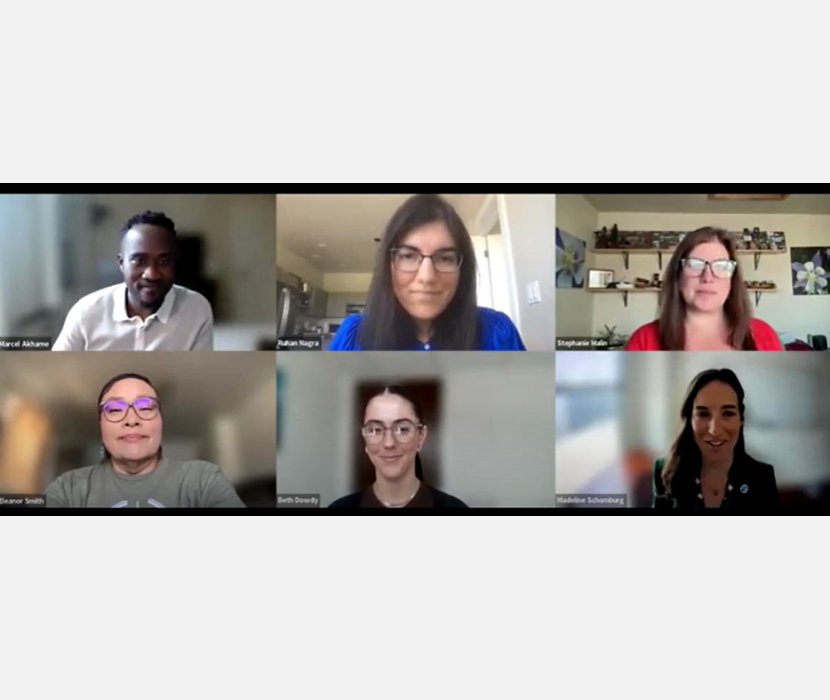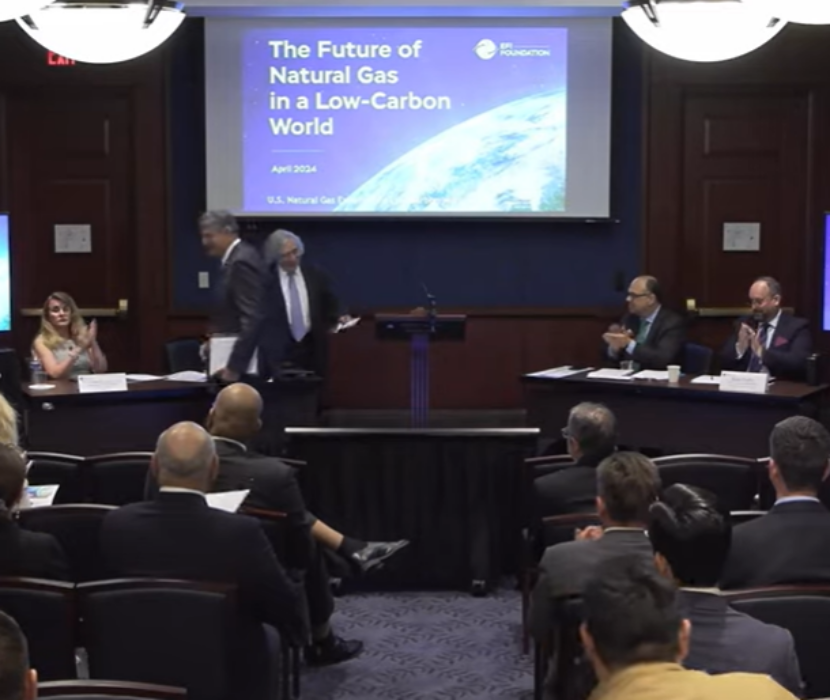
Ernest Moniz, former energy secretary and CEO of the Energy Futures Initiative and the Nuclear Threat Initiative, joined Stephen Colbert on The Late Show on November 2, 2022, for a discussion on geopolitics and the threat of tactical nuclear weapons.
Recent news reports show that Russian military leaders are discussing when and how Russia might use a tactical nuclear weapon in Ukraine. Moniz explained that a “tactical” or “battlefield” nuclear weapon is one-third the size or less of the bomb that exploded over Hiroshima. But even a small nuclear weapon is still a nuclear weapon and a huge threat.
“Putin’s nuclear saber rattling is certainly very unsettling, to put it mildly,” Moniz said. “He has already crossed a line, even without using a nuclear weapon.”
Moniz explained that during the Cold War, the United States and Soviet Union recognized the dangers of their nuclear arsenals and took responsibility for managing them. These weapons were mostly used for deterrence.
Meanwhile, in the Russia-Ukraine situation today, Moniz said that President Putin is using the idea of nuclear weapons deployment as “a coercive tool to invade a non-nuclear weapon state. It’s a fundamental change.”
Yet, Moniz expressed confidence that actually deploying a nuclear weapon would be a line that President Putin would still hesitate to cross: “The big taboo against using a nuclear weapon, we hope will hold, obviously despite the threats.”
Moniz argued that China’s President Xi Jinping should play a critical role in dissuading Putin from using a tactical nuclear weapon because of their countries’ close economic ties. He also emphasized that it would be in China’s self-interest to prevent Russia from deploying tactical nuclear weapons because China’s neighbors might then decide to develop nuclear weapons, too.
“[China lives] in a neighborhood where Japan, South Korea, and Taiwan, frankly, all have significant nuclear capabilities, and if they decided that they had to move towards nuclear weapons, they certainly have the technical capability to do so,” Moniz said. “We think that China has a self-interest, and President Xi, should be talking to his declared friend [to say] ‘don’t cross that line.’”
As CEO of both the Energy Futures Initiative and the Nuclear Threat Initiative, Moniz has also repeatedly argued that the fate of climate, energy security, and geopolitics are interconnected. Despite the fact that the upcoming 27th Conference of the Parties (COP) is a reminder that countries are off-track to meet the goals in the Paris Agreement, Moniz still believes that we can mitigate the effects of climate change. We will need an energy innovation timeline that has never been seen before, but with promising developments in certain clean energy sources in recent years, he is optimistic.
In particular, Moniz is very excited about the possibilities for energy generation from nuclear fusion, which is carbon free and has high energy density like nuclear fission but without the nuclear waste challenges. When he moderated a panel on fusion earlier this year, Moniz said he expects private sector breakthroughs in nuclear fusion technology in this decade.
In a panel discussion last month, Moniz also suggested that electric vehicles will soon be able to contribute in a more meaningful way to the decarbonization of the energy sector, even if we can’t rely solely on them just yet.
Furthermore, under Moniz’s leadership, the Energy Futures Initiative has produced an extensive portfolio of work on carbon dioxide removal pathways and clean hydrogen. We have been exploring the viability of bioenergy with carbon capture and storage as a carbon dioxide removal pathway. We have pushed for researching, developing, and demonstrating the efficacy of technologies that would expand and accelerate natural processes for taking carbon dioxide out of the atmosphere. And in the last year, we have published multiple reports on how to grow hydrogen markets regionally and nationally. All of these advancements are addressing the threat of climate change in parallel to the threat of nuclear weapons.
— Georgia Lyon, Communications Associate
(Share this post with others.)




